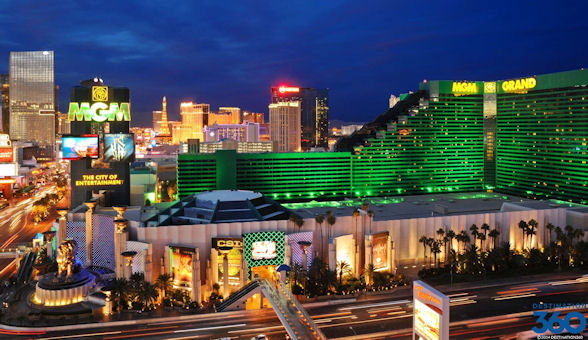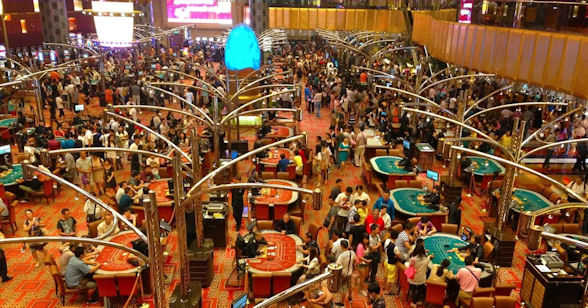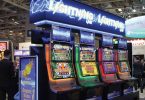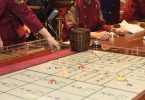Diversification has been the ultimate buzz word in Macau these past two years with casino operators scrambling to fulfil the government’s mandate to expand their array of non-gaming offerings.
Yet perhaps the bigger question facing Macau’s gaming industry is whether it can effectively apply this same concept of diversification to its gaming products. Gone are the days when innovation meant creating more space for baccarat tables.

The need for Macau’s casino floors to start thinking outside the square was highlighted over the weekend when MGM Resorts announced the launch of a new mobile gaming platform at its nine Las Vegas properties. The platform, called easyPLAY Mobile Tournaments, allows guests at any of MGM’s resorts to compete against one another in tournament-style versions of popular casino games such as bingo, poker and slot machines.
More importantly, it embraces the preferences of millenials by allowing users to play via their personal smartphones or computers and from anywhere on an MGM property. The platform is recognition that, unlike traditional gamblers who play their blackjack and roulette at the tables, millennials are more likely to do so if relaxing poolside or in their hotel room.
But Macau is a very different beast to Las Vegas, where innovation is second nature. While Vegas has long had to fight for survival, Macau is coming off a decade of unprecedented privilege that saw gaming revenue soar beyond anyone’s wildest dreams. Until two years ago, operators barely needed to lift a finger.

Now that circumstances have changed, are they ready to change with them? Have they even recognized the need to do so?
Given how intensely focussed the government has been on non-gaming, it’s easy to see how Macau’s gaming evolution has been overlooked. And as precedents go, the DICJ’s recent decision to extend Macau Slot Co Ltd’s sports betting monopoly – denying operators an obvious opportunity to appeal to the growing mass market – certainly sends the wrong message.
But if Las Vegas has taught us one thing, it’s that you can’t keep living in the past.







